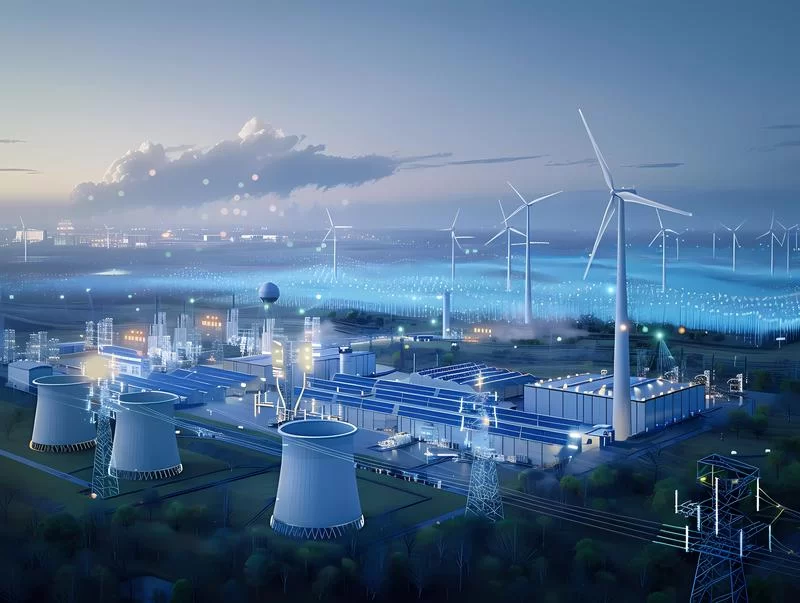The Impact of Energy Management on Environmental Sustainability
Energy management plays a crucial role in promoting environmental sustainability. By optimizing energy use and improving efficiency, businesses can significantly reduce their environmental footprint. This article explores the impact of energy management on environmental sustainability and offers insights into maximizing efficiency through effective energy practices.
1. Understanding Energy Management
Energy management involves monitoring, controlling, and conserving energy within an organization. The goal is to use energy more efficiently and reduce consumption without compromising productivity.
- Energy Audits: Conduct energy audits to identify areas of high energy use and opportunities for improvement.
- Energy-efficient Technologies: Invest in energy-efficient technologies and equipment to reduce energy consumption.
Behavioral Changes: Encourage behavioral changes among employees to promote energy-saving practices.
2. Environmental Benefits of Energy Management
Effective energy management leads to significant environmental benefits, including:
- Reduced Carbon Footprint: Lower energy consumption results in reduced greenhouse gas emissions.
- Resource Conservation: Efficient energy use helps conserve natural resources.
- Waste Reduction: Minimizing energy waste reduces overall environmental impact.
3. Strategies for Effective Energy Management
Implementing the following strategies can enhance energy management and promote environmental sustainability:
- Energy Monitoring Systems: Use advanced energy monitoring systems to track and analyze energy use in real-time.
- Renewable Energy Sources: Integrate renewable energy sources such as solar or wind power to reduce reliance on fossil fuels.
- Energy Management Software: Implement energy management software to optimize energy use and improve efficiency.
- Employee Training: Provide training to employees on energy-saving practices and the importance of sustainability.
4. Case Studies
Explore case studies of organizations that have successfully implemented energy management practices to enhance sustainability:
- Corporate Office: A corporate office reduced its energy consumption by 30% through the use of energy-efficient lighting and HVAC systems.
- Manufacturing Plant: A manufacturing plant integrated renewable energy sources and improved its energy management practices, resulting in significant cost savings and reduced emissions.
5. Future Trends in Energy Management
The future of energy management involves greater integration of advanced technologies and a stronger focus on sustainability. Trends include:
- Smart Grids: The development of smart grids for better energy distribution and management.
- AI and Machine Learning: The use of AI and machine learning to predict energy needs and optimize usage.
- Decentralized Energy Systems: The shift towards decentralized energy systems to increase resilience and reduce transmission losses.
Conclusion
Energy management is essential for promoting environmental sustainability and achieving operational efficiency. By adopting effective energy management strategies, businesses can reduce their environmental impact, conserve resources, and achieve long-term sustainability goals.


